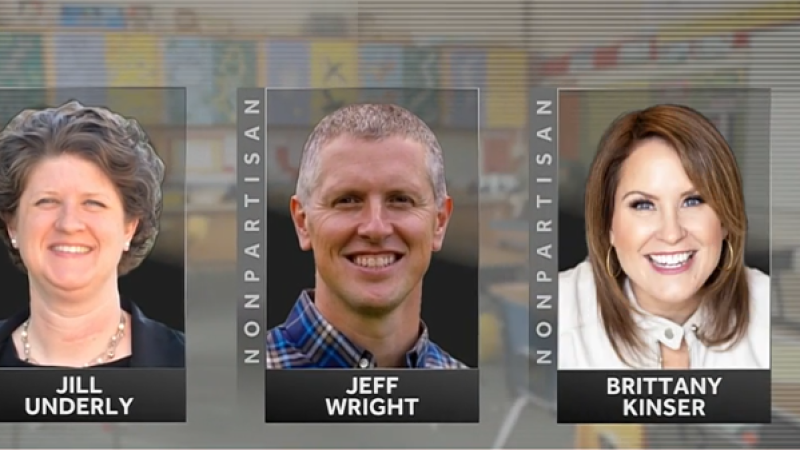Wisconsin State Superintendent Jill Underly says she hopes she receives the backing of Democratic Gov. Tony Evers if she makes it through Tuesday's primary.
"He didn't endorse the last time either when I ran in 2021 when there was a seven-way primary," Underly said on WISN's “UpFront,” which is produced in partnership with WisPolitics. "He didn't endorse them either, so I assume after this, I hope...
Please log in to access subscriber content.
If you don't have a subscription, please contact schmies@wispolitics.com for subscription options on the WisPolitics-State Affairs platform, which is the new home for WisPolitics subscriber products.


